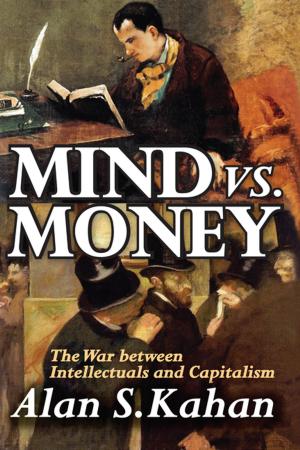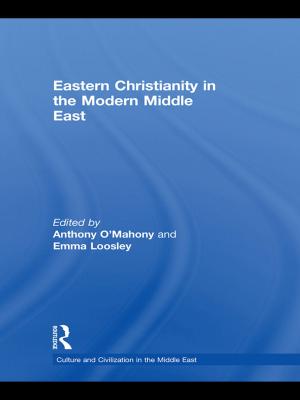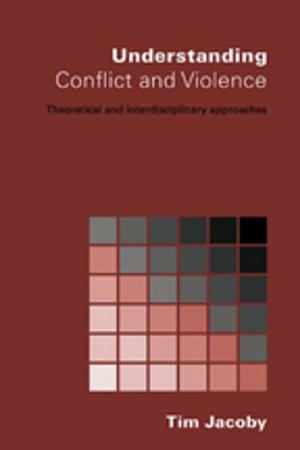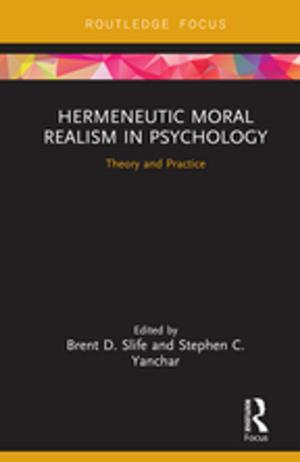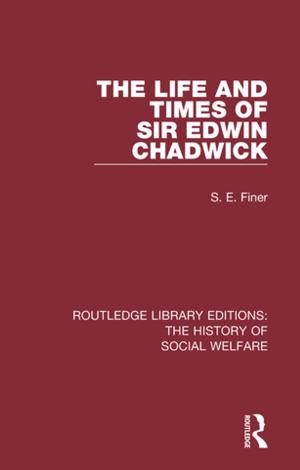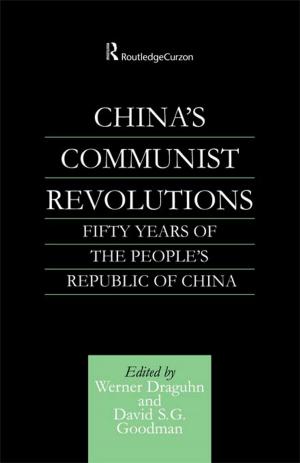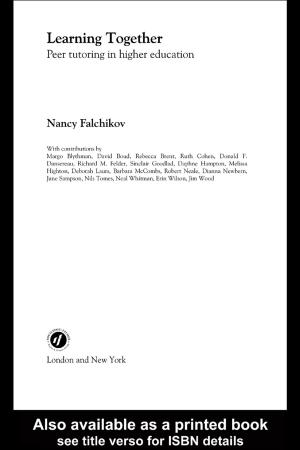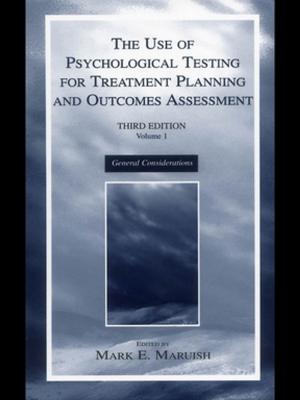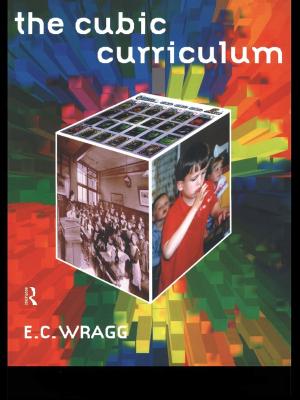| Author: | Geoffrey Scarre | ISBN: | 9781134827923 |
| Publisher: | Taylor and Francis | Publication: | January 31, 2002 |
| Imprint: | Routledge | Language: | English |
| Author: | Geoffrey Scarre |
| ISBN: | 9781134827923 |
| Publisher: | Taylor and Francis |
| Publication: | January 31, 2002 |
| Imprint: | Routledge |
| Language: | English |
Surveying the historical development and the present condition of utilitarian ethics, Geoffrey Scarre examines the major philosophers from Lao Tzu in the fifth century BC to Richard Hare in the twentieth.
Utilitarianism traces the 'doctrine of utility' from the moralists of the ancient world, through the Enlightenment and Victorian utilitarianism up to the lively debate of the present day.
Utilitarianism today faces challenges on several fronts: it cannot warrant the drawing of adequate protective boundaries around the essential interests of individuals, and it does not allow them the space to pursue the personal concerns which give meaning to their lives. Geoffrey Scarre considers these and other charges, and concludes that whilst utilitarianism may not be a faultless moral doctrine, its positions are relevant, and significant today.
Written with undergraduates in mind, this is an ideal course book for those studying and those teaching moral philosophy.
Surveying the historical development and the present condition of utilitarian ethics, Geoffrey Scarre examines the major philosophers from Lao Tzu in the fifth century BC to Richard Hare in the twentieth.
Utilitarianism traces the 'doctrine of utility' from the moralists of the ancient world, through the Enlightenment and Victorian utilitarianism up to the lively debate of the present day.
Utilitarianism today faces challenges on several fronts: it cannot warrant the drawing of adequate protective boundaries around the essential interests of individuals, and it does not allow them the space to pursue the personal concerns which give meaning to their lives. Geoffrey Scarre considers these and other charges, and concludes that whilst utilitarianism may not be a faultless moral doctrine, its positions are relevant, and significant today.
Written with undergraduates in mind, this is an ideal course book for those studying and those teaching moral philosophy.


